Iran determined to reach strong, lasting agreement in Vienna talks, FM to Borrell
Iran’s foreign minister Hossein Amir-Abdollahian says Tehran is determined to reach a strong and lasting agreement in Vienna talks that aim to revive the 2015 nuclear deal with world powers.
In his telephonic conversation with the European Union’s foreign policy chief Josep Borrell on Friday night, the top Iranian diplomat reaffirmed Iran’s seriousness and goodwill to reach a deal in Vienna.
“Tehran has the goodwill and seriousness required for reaching an agreement,” Amir-Abdollahian told Borrell, calling for reciprocative measures from other parties to resume the stalled talks.
The foreign minister referred to an earlier visit to Tehran by Borrell’s deputy, Enrique Mora, saying the visit featured discussions of some initiatives between the two sides.
Mora was in Tehran last week for talks with Iran's chief nuclear negotiator Ali Baqeri-Kani on efforts to salvage the deal that is officially known as the Joint Comprehensive Plan of Action (JCPOA).
Iran’s foreign ministry spokesman Saeed Khatibzadeh commenting on Mora’s Tehran visit in his weekly presser on Monday said “serious and result-oriented negotiations” were held during his trip and “special initiatives” were put forward by Iran.
He further added that negotiations were now in a better state after Mora’s visit, but Tehran was still waiting for Washington’s response to its proposals.
Borrell, for his part, mentioned initiatives put forward by Iran during the Vienna talks, saying the parties are now “on the path of continuing negotiations and focusing on solutions.”
The European official said he was “hopeful” about the prospect of a “good result”, adding that the bloc is determined to continue efforts to close gaps between Iran and the United States.
The former US administration led by Donald Trump unilaterally withdrew from the JCPOA in May 2018 and reinstated crippling economic sanctions that had been eased under the deal.
Since April last year, Iran and the remaining signatories to the landmark deal have been engaged in marathon talks in the Austrian capital to salvage the accord and seek a reversal of Trump’s maximum pressure campaign against the Islamic Republic.
The latest round of talks has been stalled over Washington's dilly-dallying tactics and refusal to respond to Iran's proposals.
Amir-Abdollahian in his conversation with the top EU foreign policy official appreciated the bloc’s constructive role in the Vienna talks and Mora’s role as the coordinator of talks.
'Iran opposed to war, dialogue way out in Ukraine crisis'
The two officials also discussed the raging war in Ukraine, which is now into its third month.
The top Iranian diplomat emphasized that his country was opposed to wars, including in Ukraine, while also drawing the EU official’s attention to the crisis in Yemen and Afghanistan.
He said the Islamic Republic has never applied double standards in armed conflicts, be it in Yemen, Afghanistan, Ukraine, or elsewhere.
He said Iran urges both warring sides in Ukraine to engage in diplomacy and dialogue to end the war, considering “focus on diplomacy and negotiation” to be the only way out of the crisis.
Amir-Abdollahian said, over the past months, he has spoken with his Ukrainian and Russian counterparts, expressing Tehran’s readiness to mediate between the two sides.
Borrell commended Iran’s efforts toward resolving the crisis in Ukraine, saying Tehran’s insistence on negotiations and urging the two sides to reach a ceasefire “reflects Iran’s good faith.”
Borrell, however, regretted that the warring parties had been accusing each other of lacking the necessary will for negotiations, saying it complicated efforts to broker peace between them.
Russia launched a military operation in Ukraine in late February, following Kiev’s failure to implement the terms of the Minsk agreements and Moscow’s recognition of the breakaway regions of Donetsk and Luhansk.
At the time, Russian President Vladimir Putin said one of the goals of what he called a “special military operation” was to “de-Nazify” Ukraine.
Iran has repeatedly asserted that it is opposed to war but it has also blamed the NATO military alliance for the unfolding crisis in the former Soviet republic.
Scores killed as Takfiri terrorists target Shia Muslims in Pakistan
Pezeshkian to US, Europeans: You are killing women, children
VIDEO | COP29: another climate failure?
ICC issues arrest warrants for Netanyahu, Gallant for war crimes
Israeli strikes kill 88 Palestinians in northern Gaza
American voters plainly rejected complicity in Gaza genocide: Iran FM spox
ICC should issue more arrest warrants for Israeli authorities over Gaza genocide: UN expert
Israel using AI weapons co-produced by India in Gaza genocide: Report


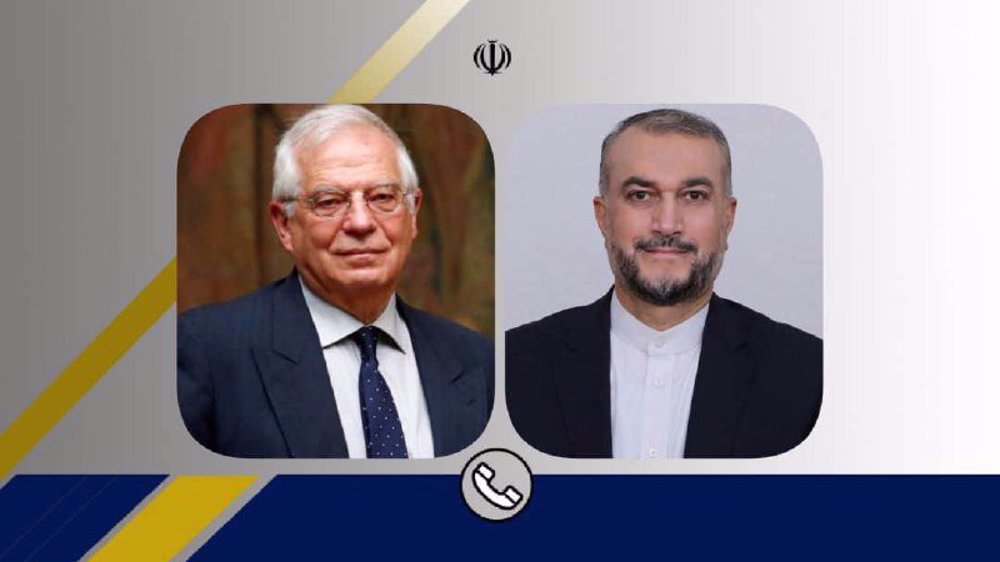
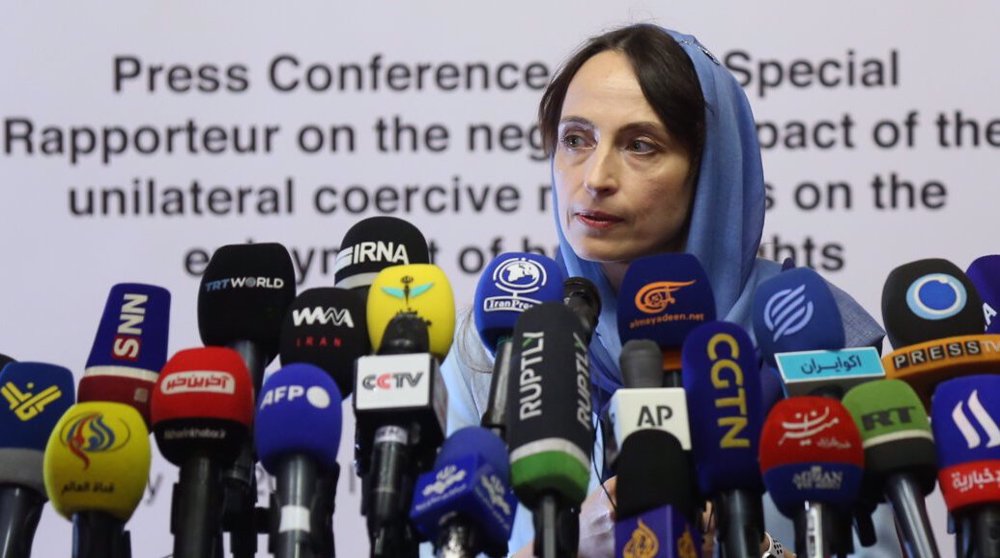
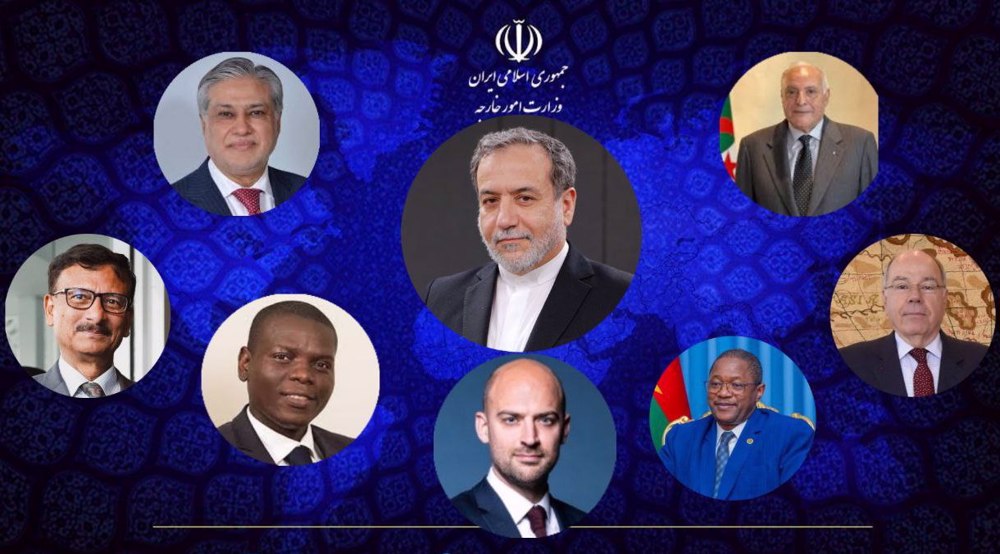
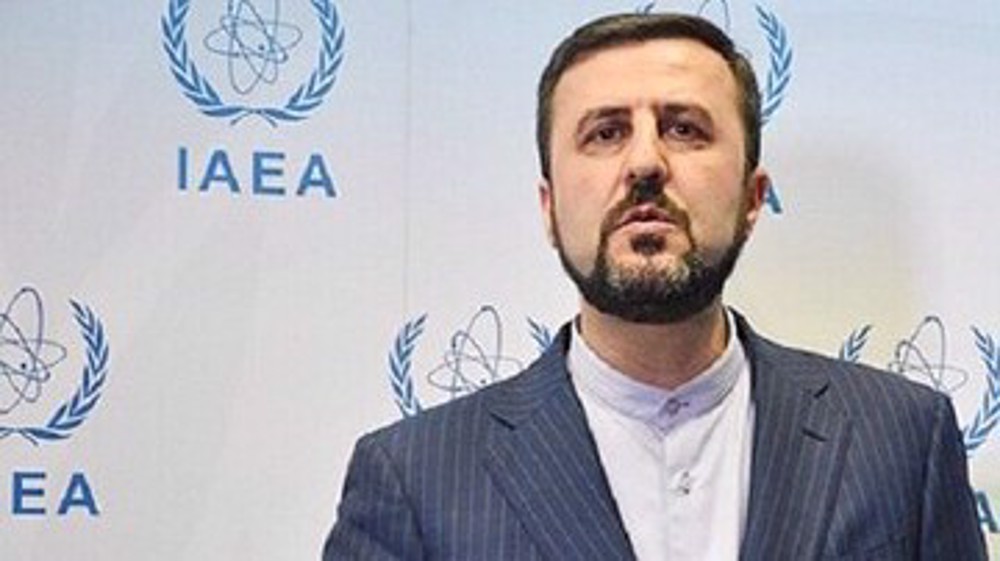
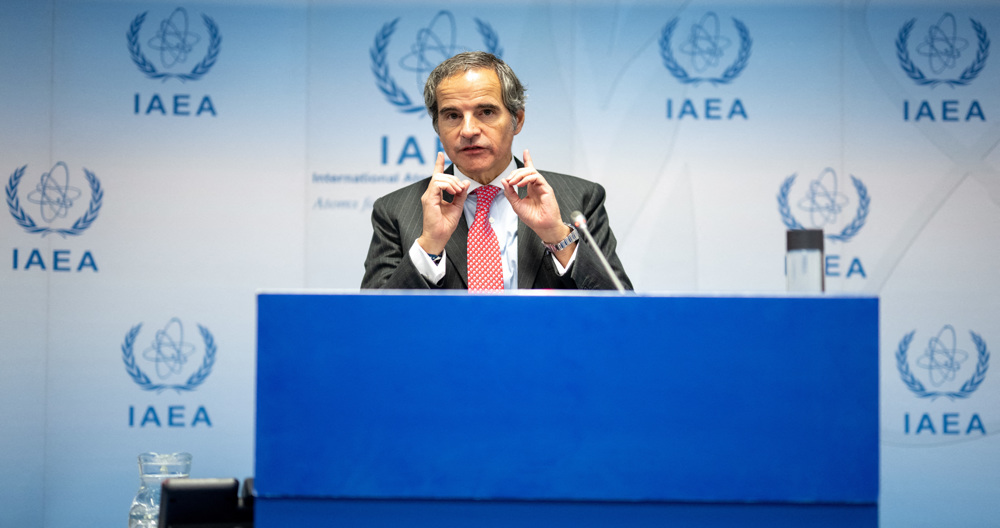



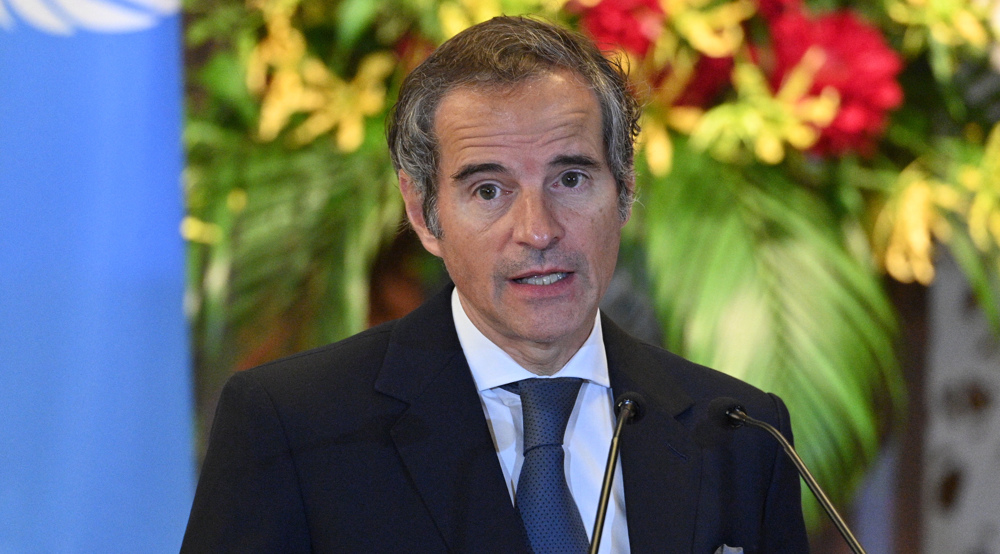
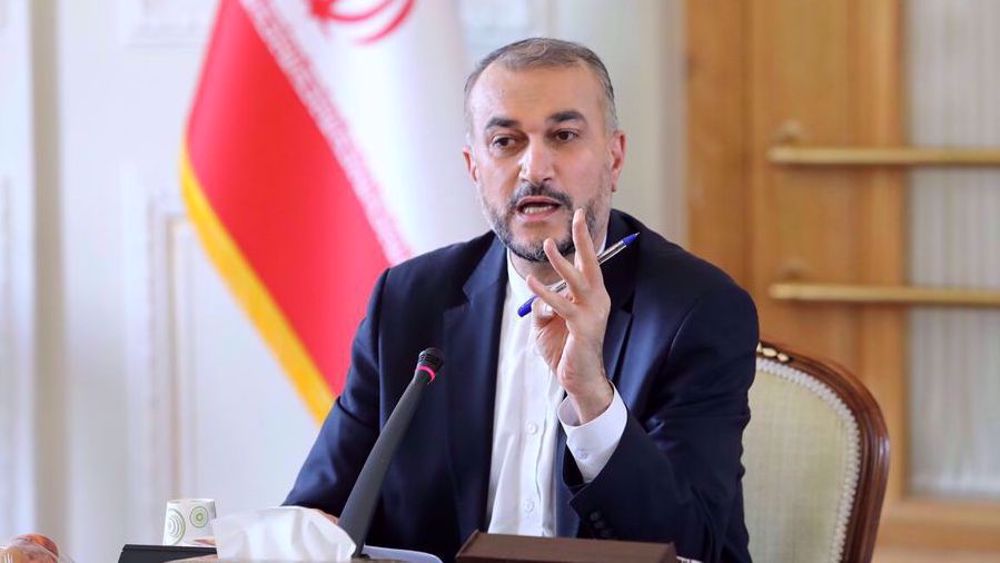
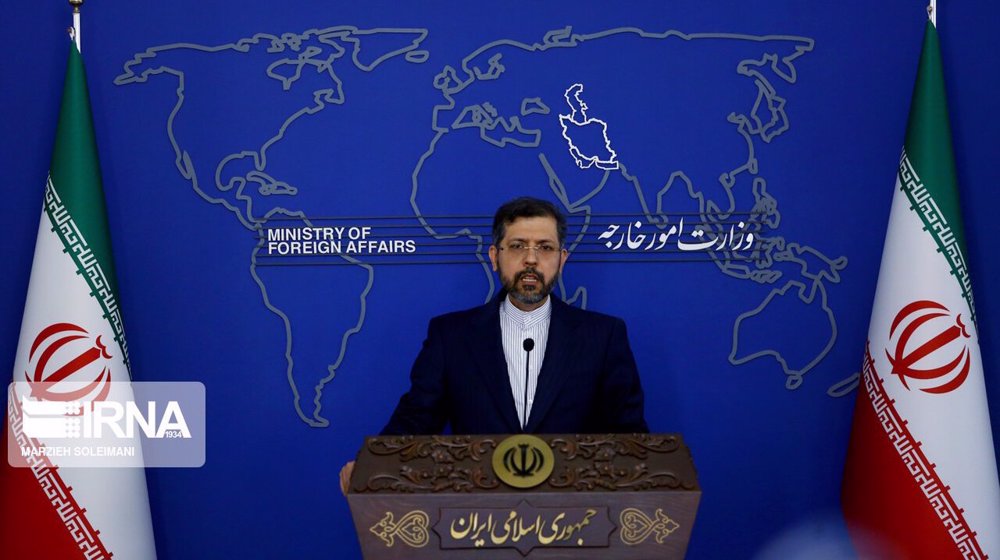
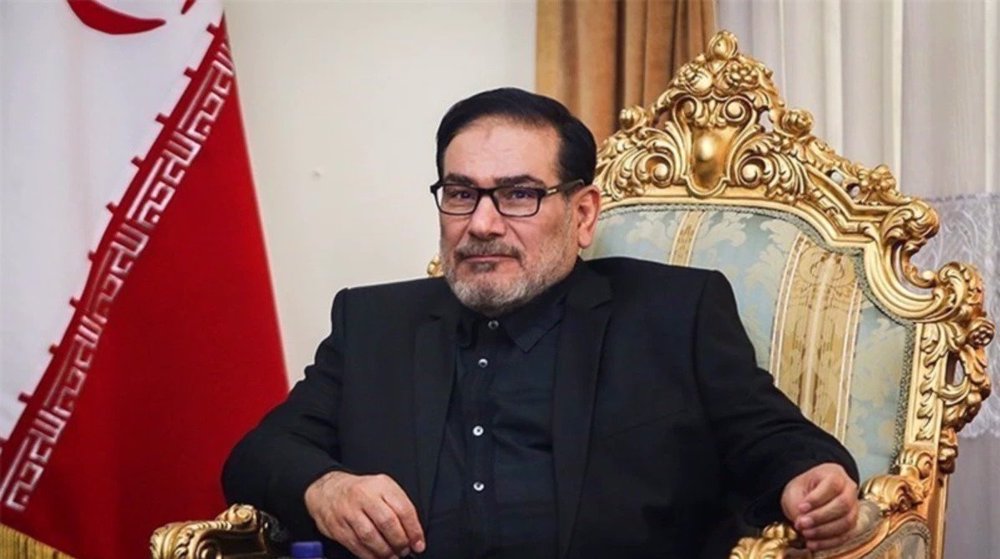
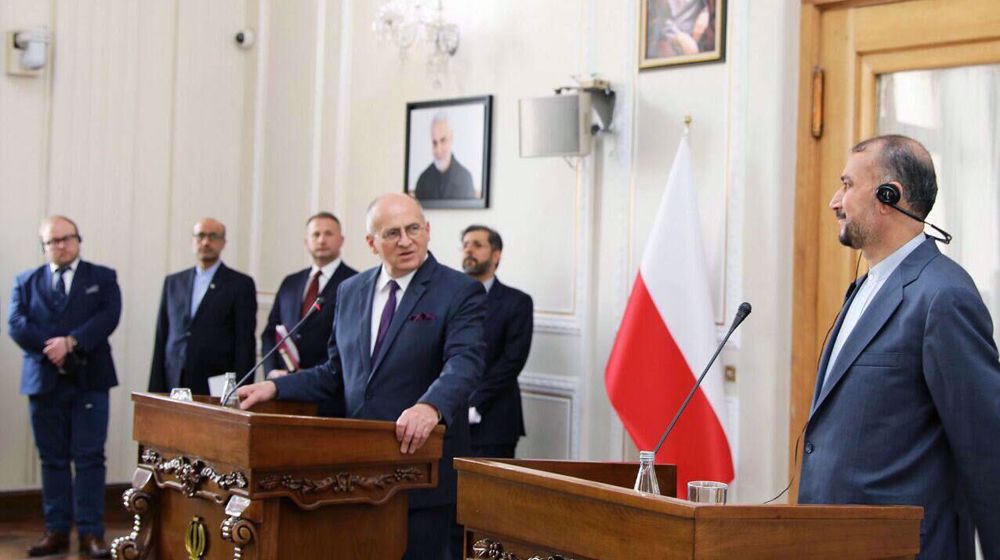

 This makes it easy to access the Press TV website
This makes it easy to access the Press TV website